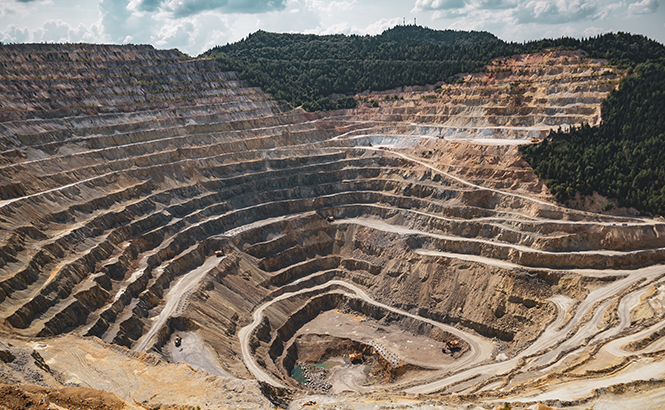
Artigo
4.07.24
Minimizing environmental impacts through the elimination of tailings from mining operations
Autores: Marcus Fonseca, Carlos Motta, Lara Rodrigues, Maria Siqueira, Juliana Monteiro, Rodrigo Gomes, Daniel Pereira, Evelize Nishiyamamoto, Thaiza Bissacot and Livia Mello
Veículo: 6º Congresso Internacional sobre Meio Ambiente e Responsabilidade Social em Mineração, Mineração Sustentável 2019
Ano: 2019
Tipo: Artigo
Abstract: The proposed solution aims to eliminate 15000 t/month of tailings generated at Três Marias smelter unit, transforming it into value added products through glass ceramic technology, avoiding disposal in dams. After immobilization/transformation (I/T) into glass ceramic, tailings will be conformed as floors and coverings replacing ceramic and granite in the construction industry. The current methods of tailings disposal, such as dams and dry stacking, generate maintenance costs, environmental impacts and unpredictable liability. The goal is to minimize tailings disposal through its use as raw material, demonstrating that circular economy is technically and economically viable. The technical principles of convert tailings into glass ceramic materials are based on the use of metals contained in tailings to enable the nucleation of the glass. Undergoing tests are evaluating the need of using structural additions in the glass network. Although glass ceramic technology is well known, it was never applied before in large scale or with the objectives of this present study. The challenge of this innovative approach is to adapt a known technologic process to offer new, ecological and highquality products to a large base of customers at affordable prices. Technical feasibility is being evaluated through chemical, mineralogical, differential thermal and thermal microscopy analyses to model and control the fusibility/crystallization of the tailing. The technological route contemplates the generation of glass frits (molten glass coming into contact with water in room temperature), followed by the adequacy of the grain-size distribution through milling, casting and heat treatment for sintering/crystallization into plates.
Confira o artigo completo AQUI.
O LabrInTOS participou do 6º Congresso Internacional sobre Meio Ambiente e Responsabilidade Social em Mineração, Mineração Sustentável 2019, (SUSTAINABLE MINING 2019 – GECAMIN) que foi realizado de 4 a 6 de setembro de 2019, no Hotel Sheraton Santiago/Chile. O coordenador Marcus Vinicius de A. Fonseca e o colaborador Carlos Fernando Motta se uniram a mais de 275 participantes de 16 países. Foram 68 palestras relacionadas à questões ambientais e sociais relevantes para a indústria de mineração global,os trabalhos apresentados contribuíram para o sucesso da sexta versão do Mineração Sustentável.
